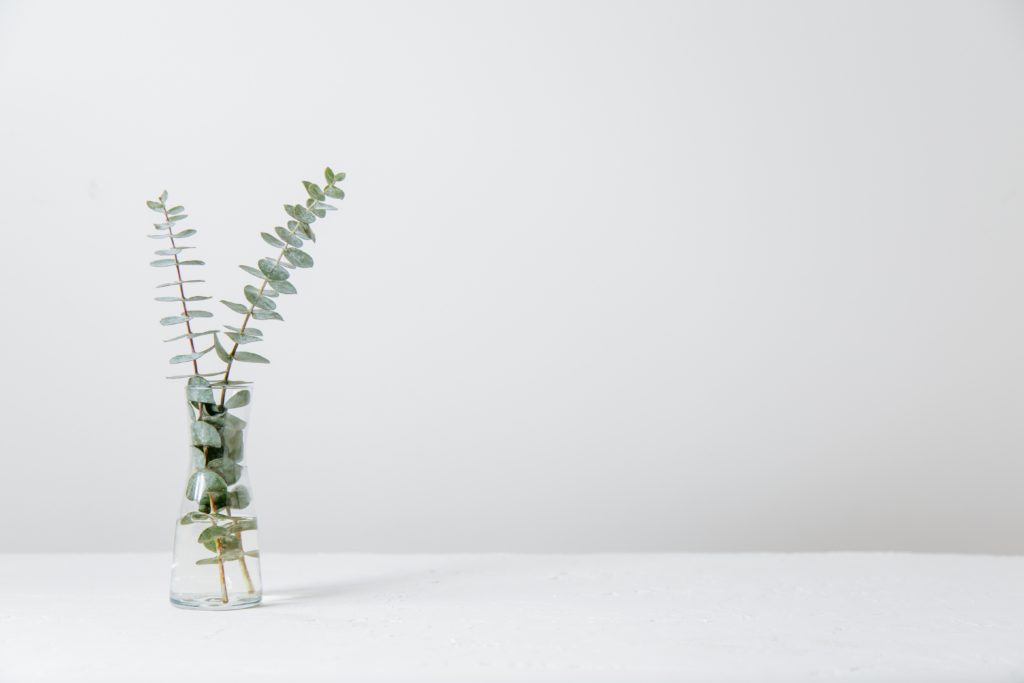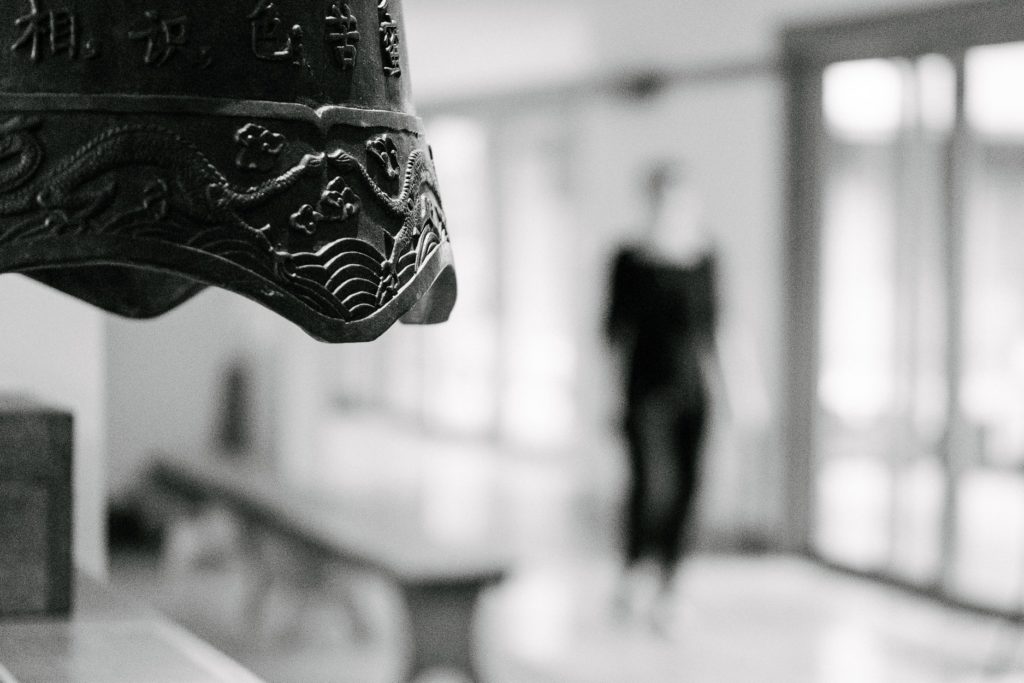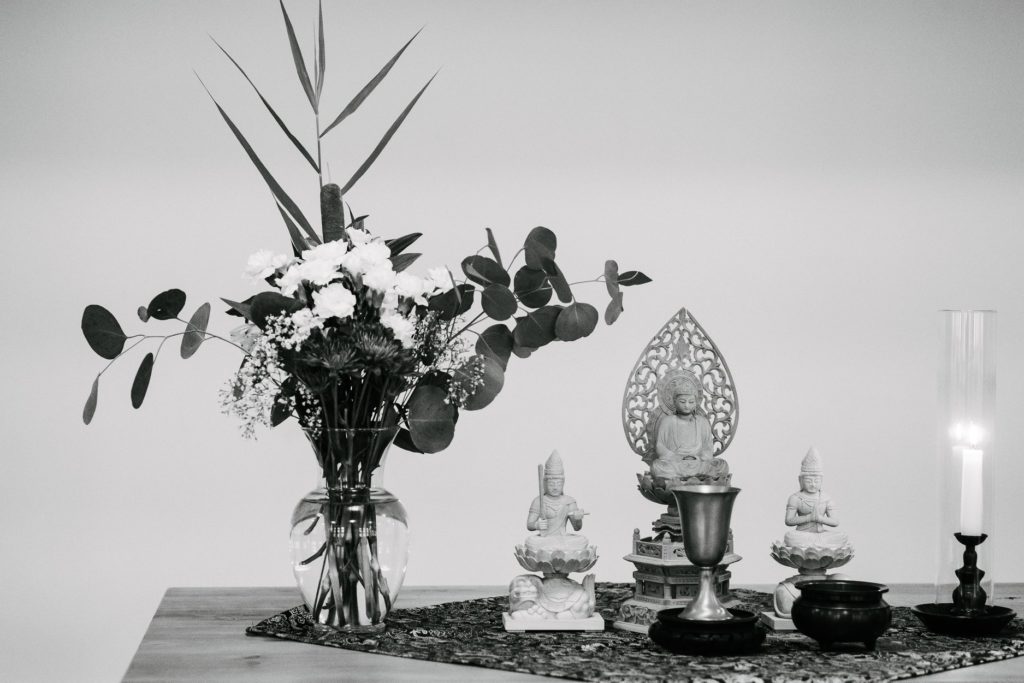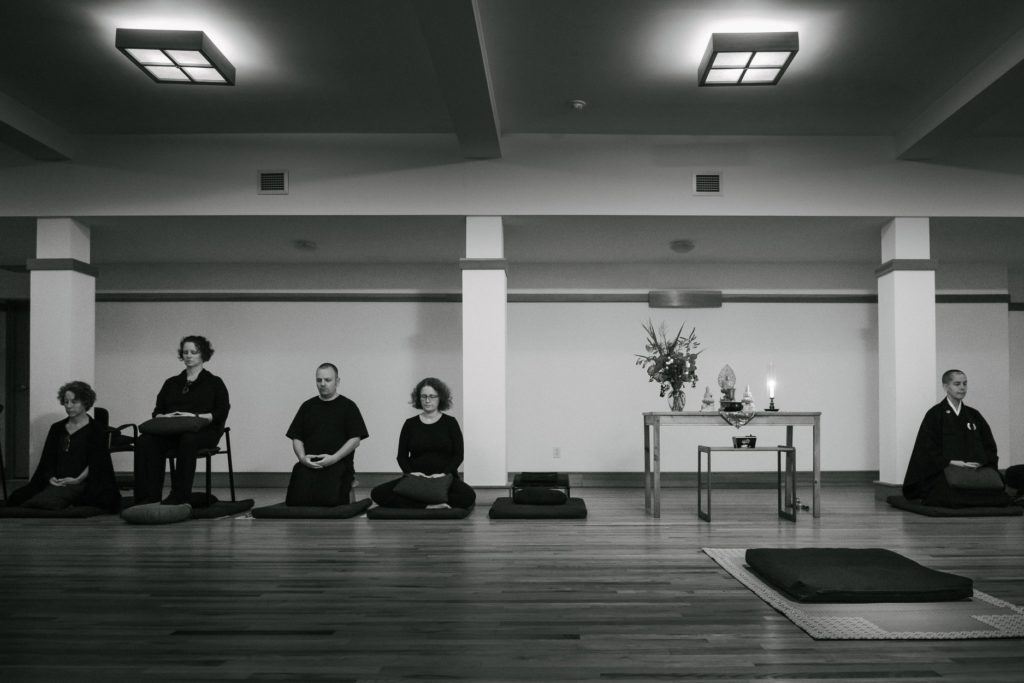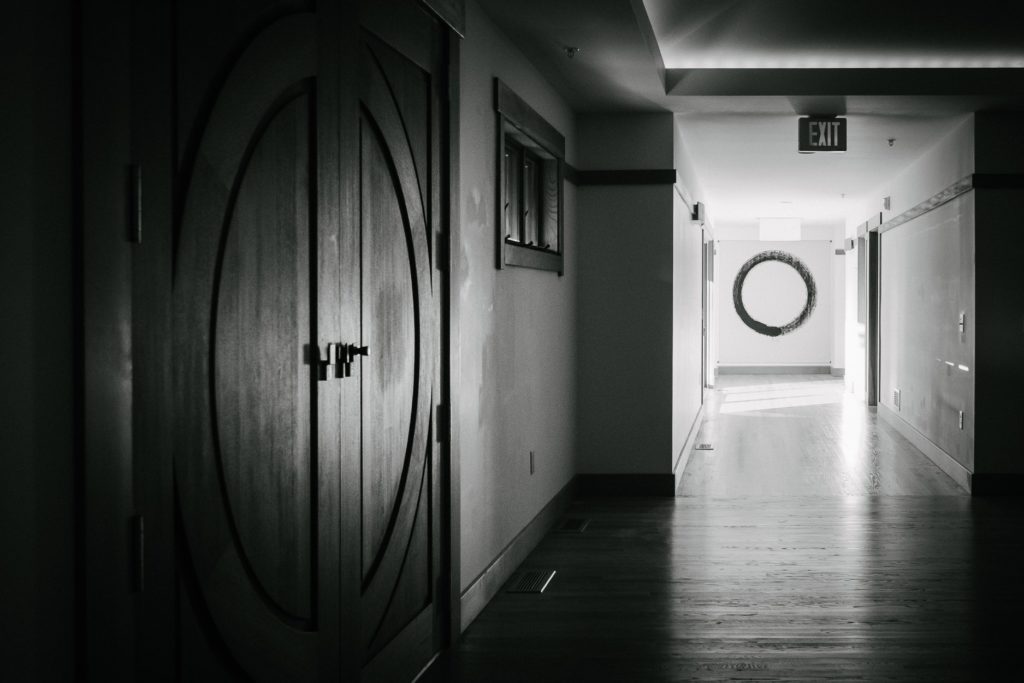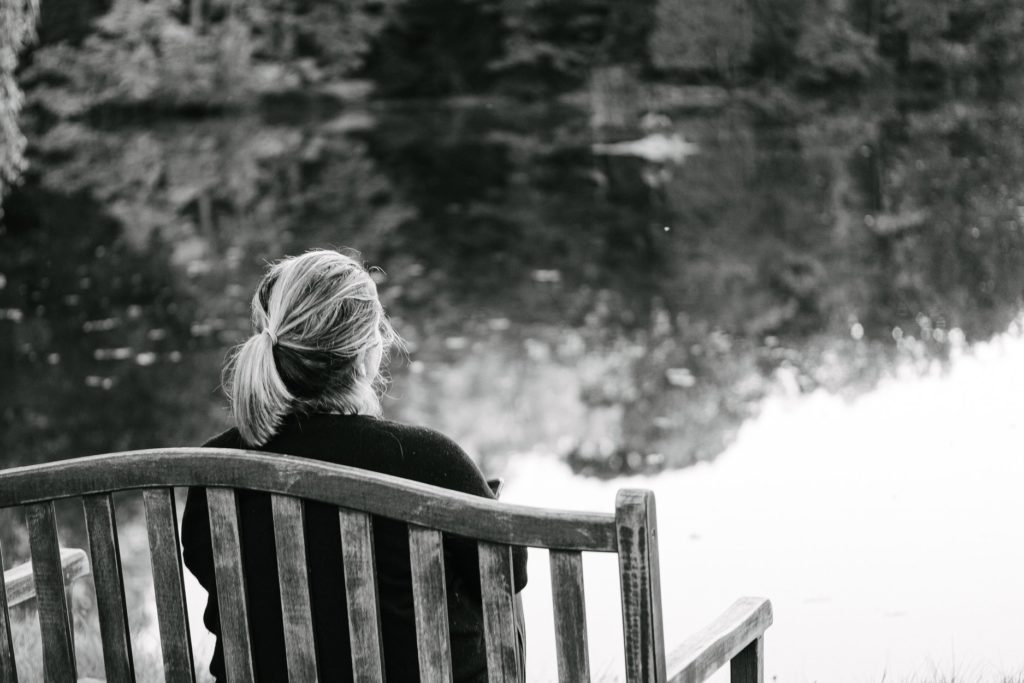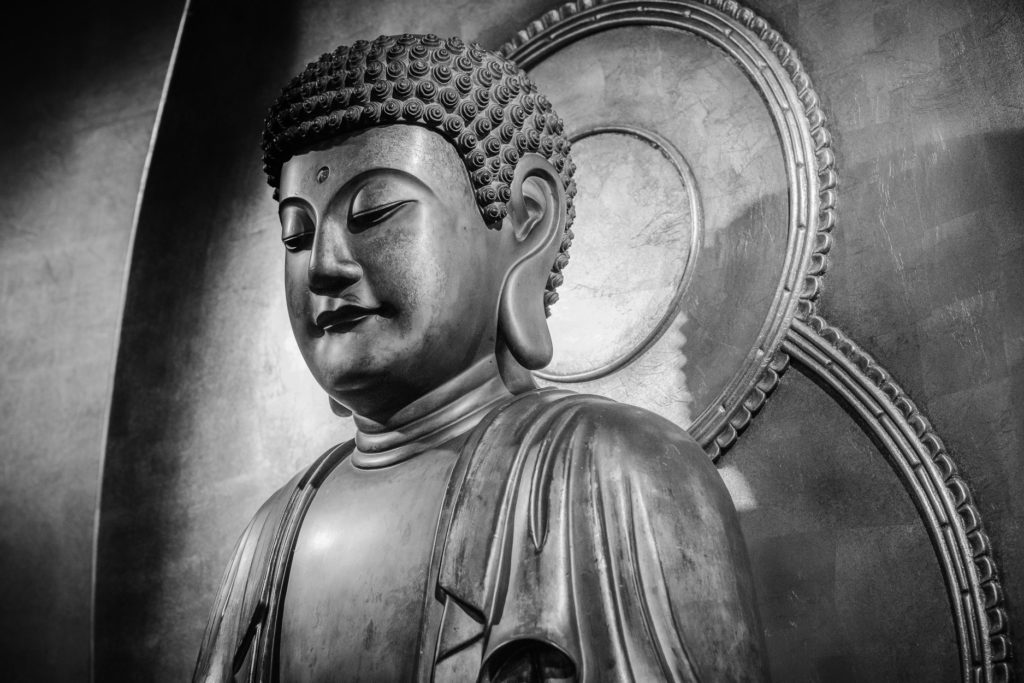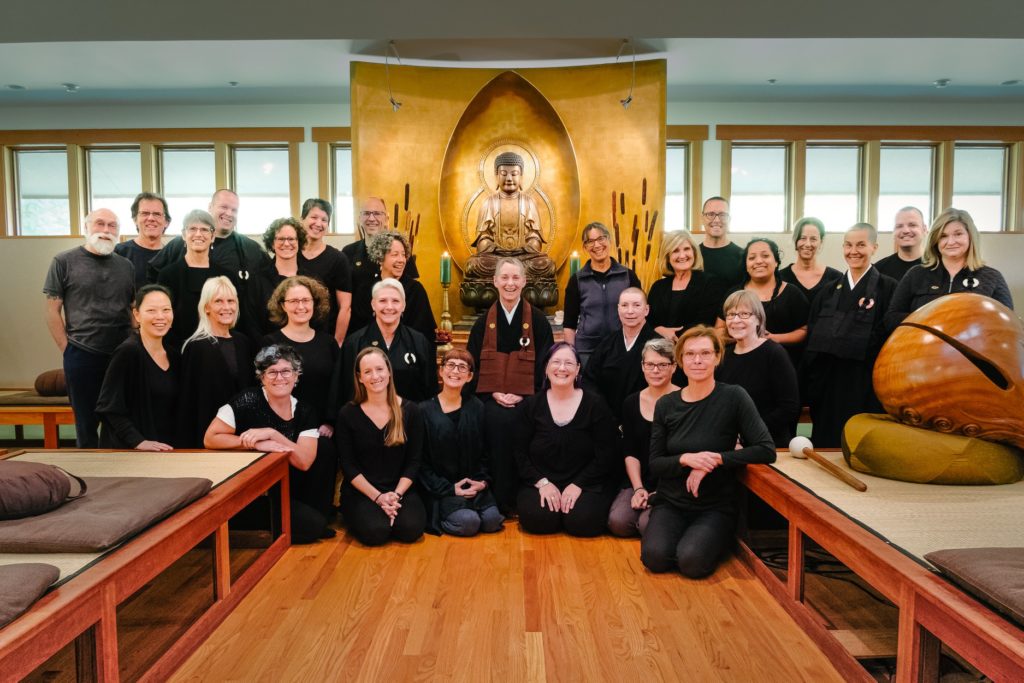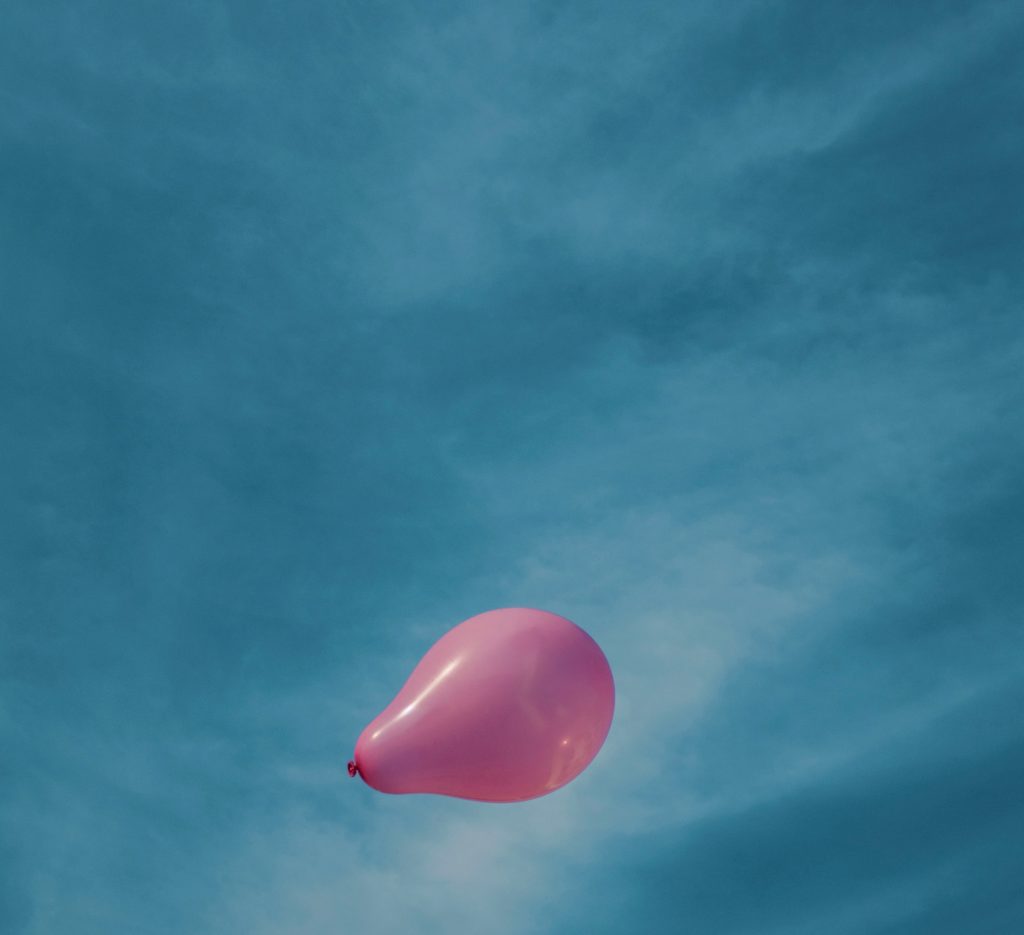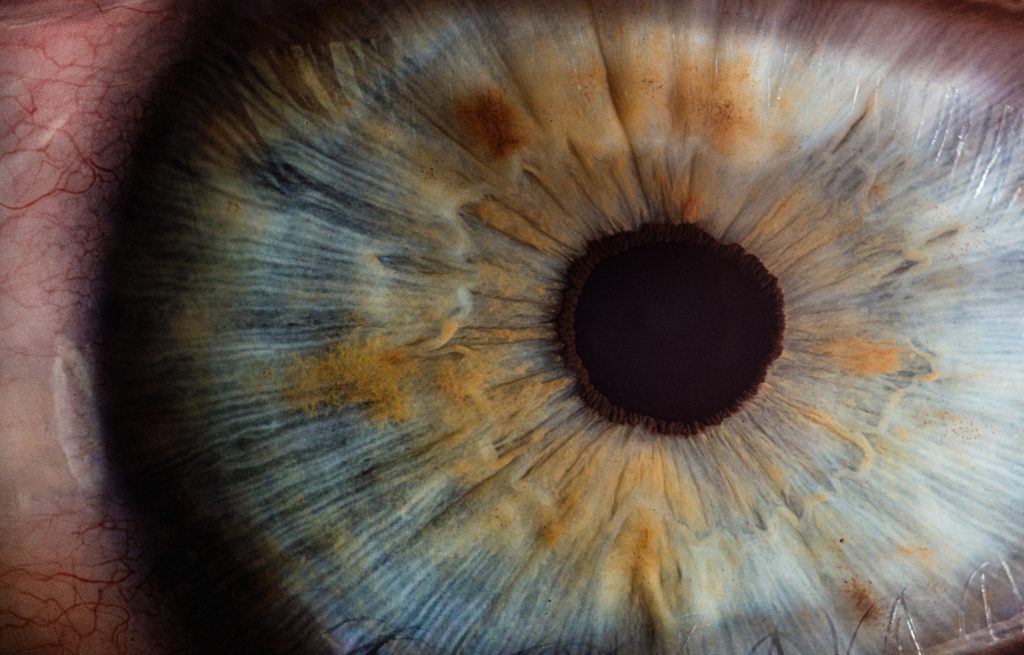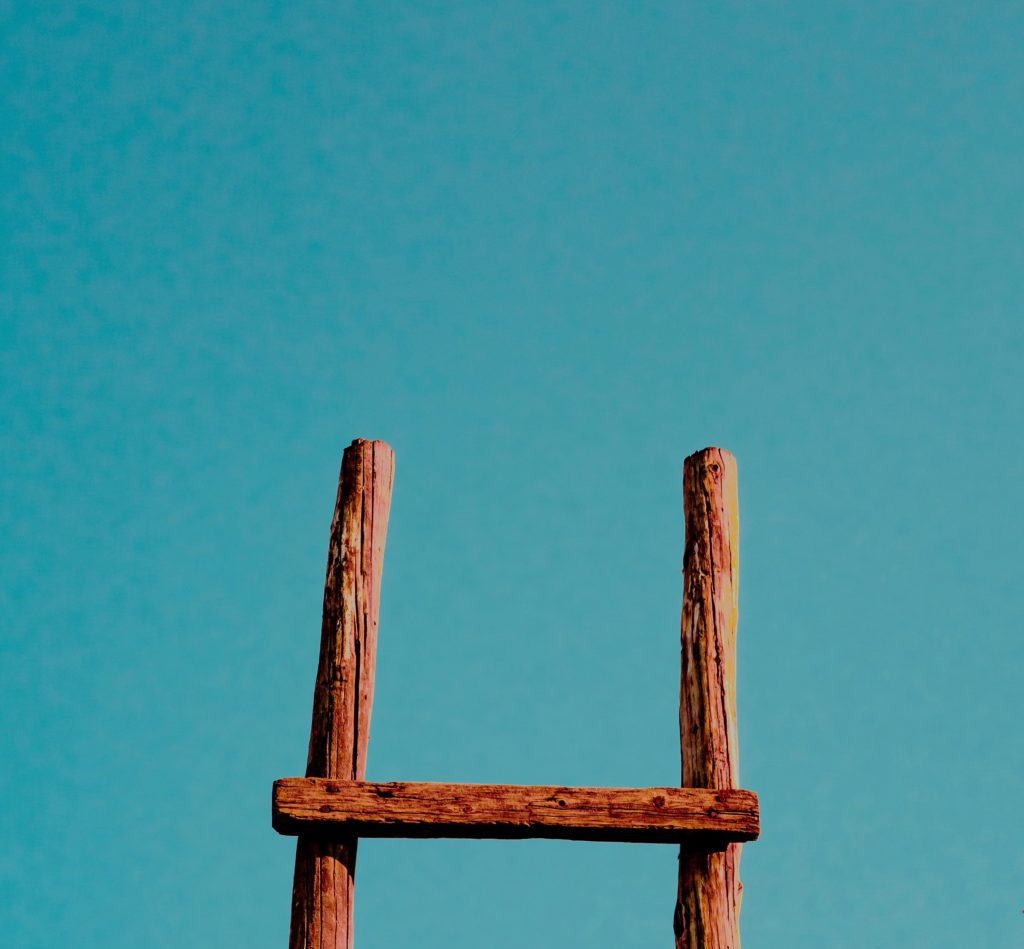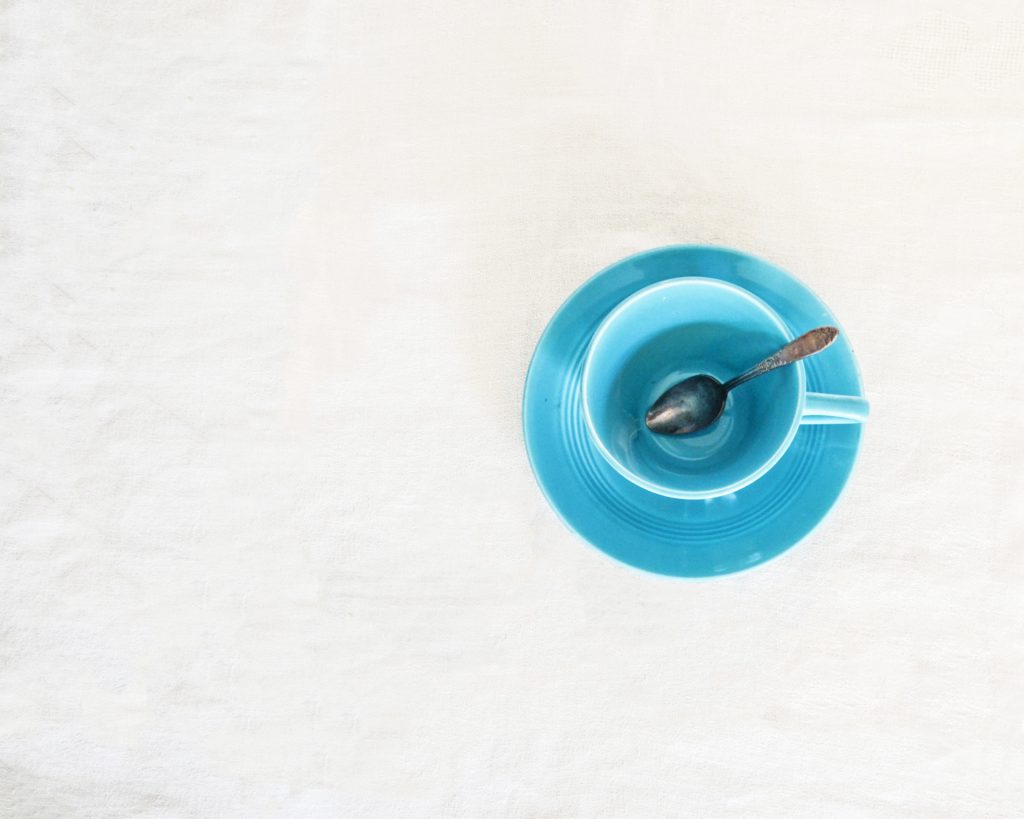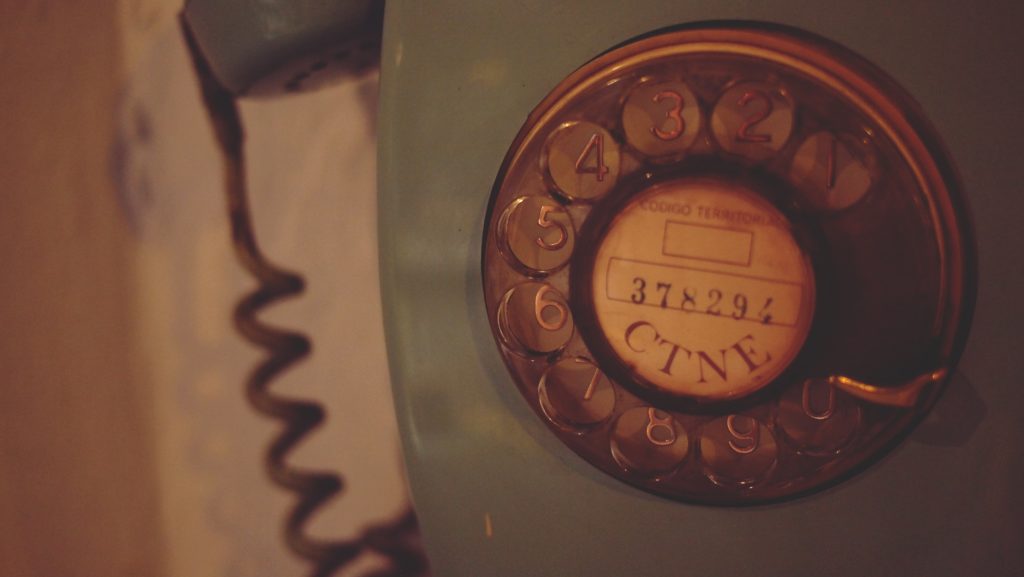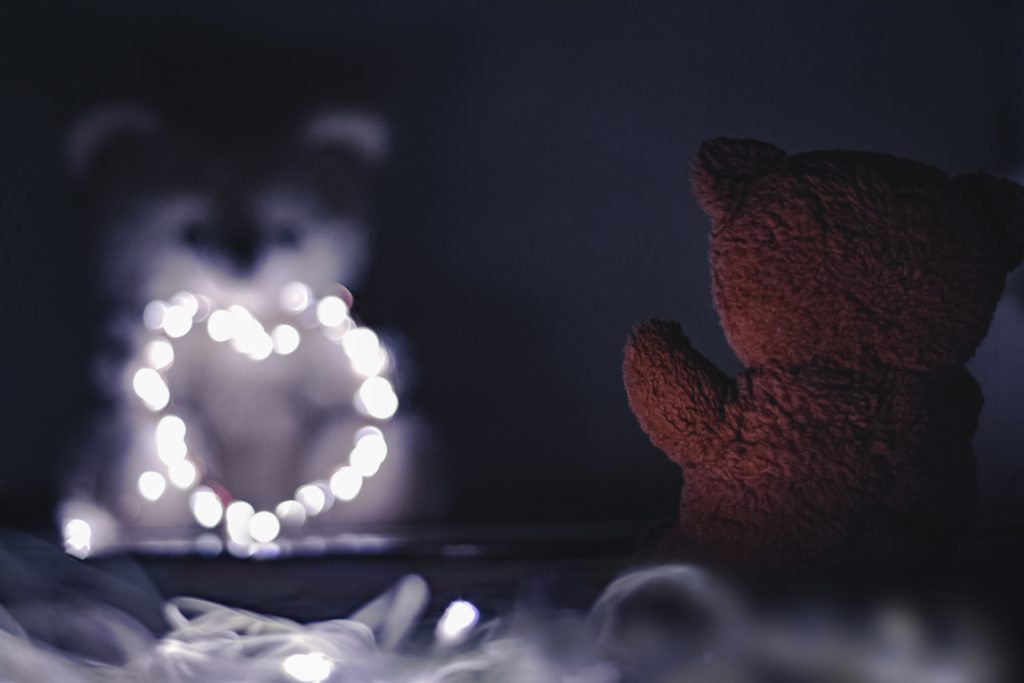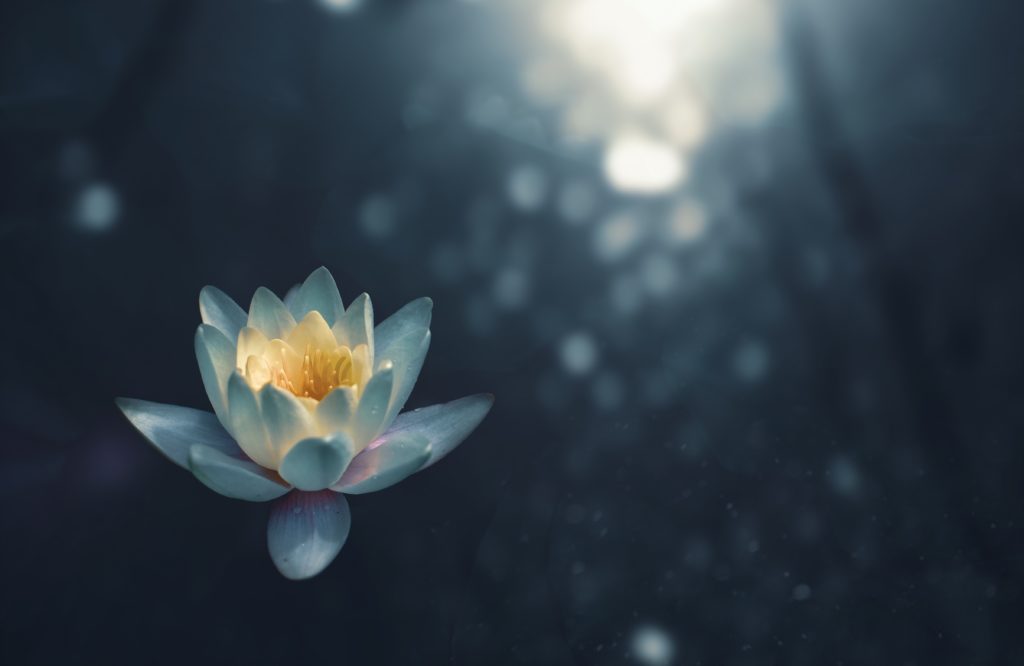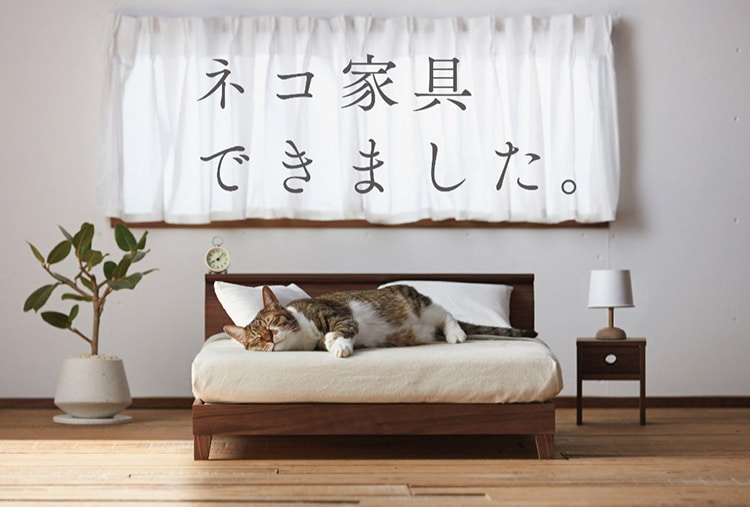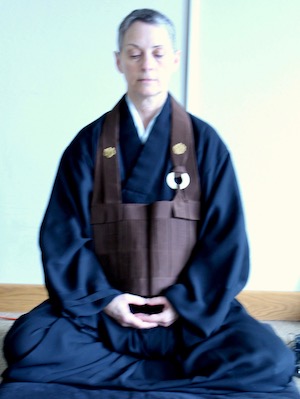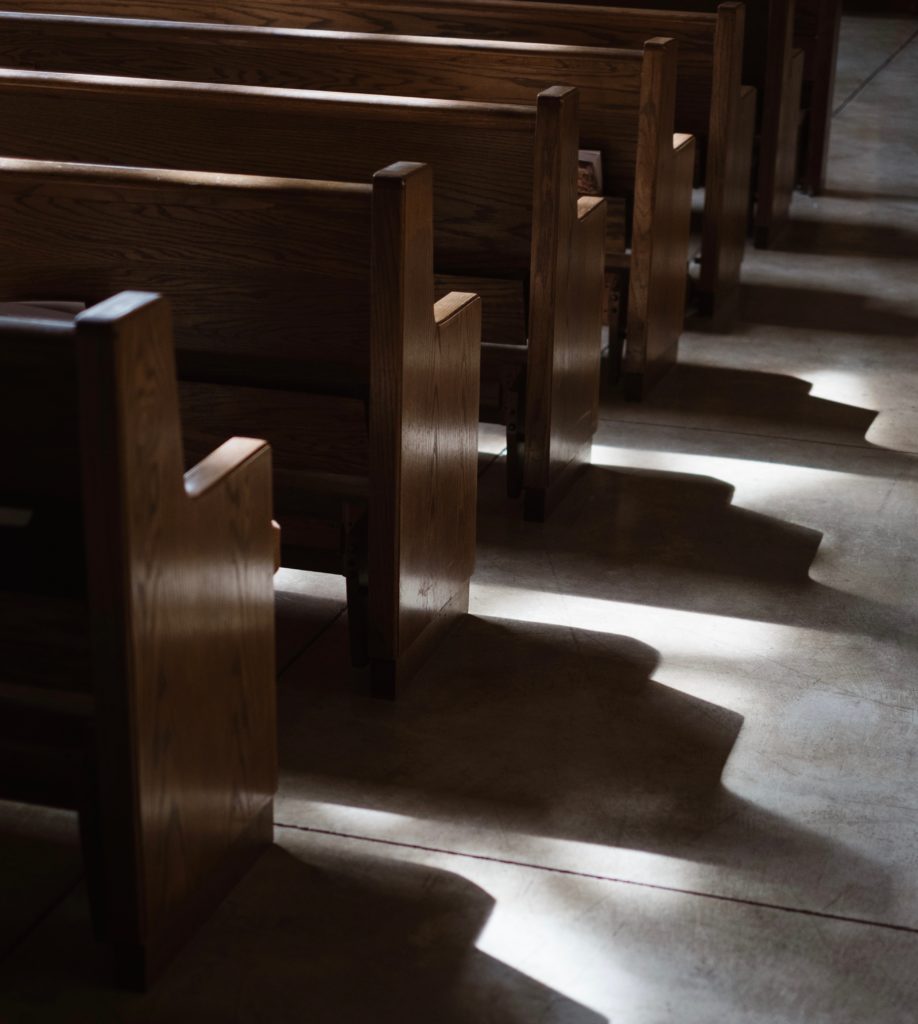
Growing up I spent every Sunday morning in church. The Sundays were always the same although the church moved around a bit. At times, it was on a hill near a misty ocean, stuck in the summer hell of Texas, or in a double-wide trailer parked on the barren fringe of a brand-new suburb. I’d be a good girl during the rounds of mournful hymns and mumbled creeds until we got to the sermon when I’d go numb and cold. But then, before my stiff body could be lowered into its final resting place, the pastor would stand up and face me straight on, holding his arms out like the sun shattering death at dawn, and say these mysterious and melodious words of salvation.
May the Lord bless you and keep you
May the Lord make his face to shine upon you and be gracious unto you
May the Lord lift up his countenance upon you and give you peace
***
Nowadays if I write you a letter I might go on a bit about the wet spring and the cloudy summer. I might mention the lemon crop or the jasmine bloom; recount the ailments of a dog or the antics of a cat. Unless you’ve asked me to tell you something or the other, my letters won’t be about anything in particular. They won’t say anything new and they won’t get there in a hurry, because I’m not in a hurry.
The other day a fellow sent me a very nice message by email.
Please write another book. TY
I can’t say I haven’t given it thought, but I haven’t given it much more than a thought. I replied to him asking which book he’d read that impressed him so. It does make me wonder. He said he’d read all of them and one of them five times. That’s easily four more times than I’ve read any of them. But even that kind of appreciation doesn’t budge me off my butt. It occurs to me now that I’m living on church time, and I feel like I could sit here forever.
***
A good friend sent me this link to an essay that sums up the sad state of our cultural creed, so to speak, the sick addiction of being “crazy busy.” I’ve read a few articles like that, and no doubt have scrawled a desperate message across these pages more than once: slow down! There are various “slow” movements afoot, but we have to be careful that we don’t turn “slow” into a pious virtue, a weapon or a magic wand. It’s deeper than a desire to have a better life, a less anxious mind, a healthier gut or a smarter kid. It’s spiritual.
On Tuesday I tried to put gas in my car. Rounding the corner to the filling station, I saw two or three cars lined up waiting, which in my town constitutes a jam. The front of one pump was opened to its insides. I couldn’t tell what was going on but I repeated my mantra of the moment, “another day” and drove home. I had the time and enough gas to make it.
Yesterday I went back to the station and the same thing was going on but there was only one car in front of me at the pump so I stuck it out. A really old fellow got out of his Honda and looked around like he was confused. Honestly, I wanted to go up and mercifully pump the gas for him. But he gradually shuffled over to the little convenience store and I thought oh my god he’s paying in advance with cash. And that took an eternity and when he came out he stopped and fussed with his money, trying to get the bills back in his wallet before doing anything else, which is what any reasonable person would do, but his hands shook and the money wouldn’t go in and I was boiling. You know then that he struggled with the gas cap, and then he pondered the front of the pump for who-knows-how-long and then I started to calculate how much gas he was going to put in, god forbid, and when it shut off pretty quick I figured that’s about what twenty dollars will buy you. But then I realized oh shit he’s going to have to get that gas cap back on and just like that it wouldn’t go and it wouldn’t go and it wouldn’t go. Eventually he got it on so that the little door to the compartment would shut and he got back in the front seat and I waited. It was eons before he started the car and shifted into drive.
That’s when I realized that I was on fire because something that I expected to take three minutes had taken all of six.
Who said I wasn’t crazy? Who said I wasn’t busy? Who said I was past all that? What’s the point of all my babble if it doesn’t keep me from cussing out my ninety-year-old neighbor for being ninety?
About then I found myself back in church hearing the lovely strains of the benediction. I suddenly knew it wasn’t really about God looking down and smiling at me, but me, looking up and smiling at God driving off in the Honda, with twenty dollars in his tank.
